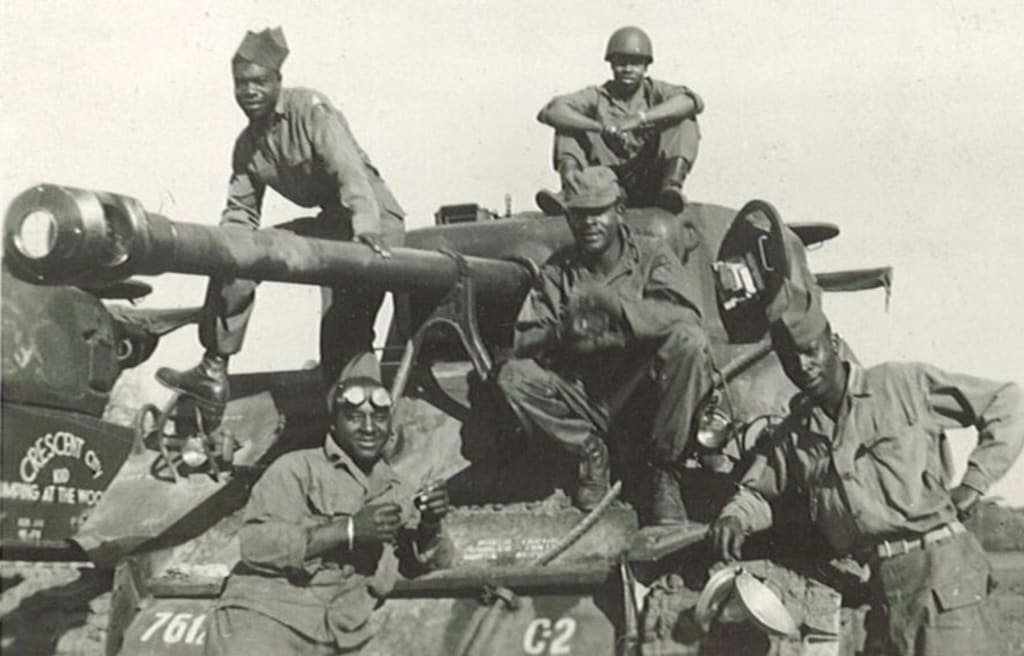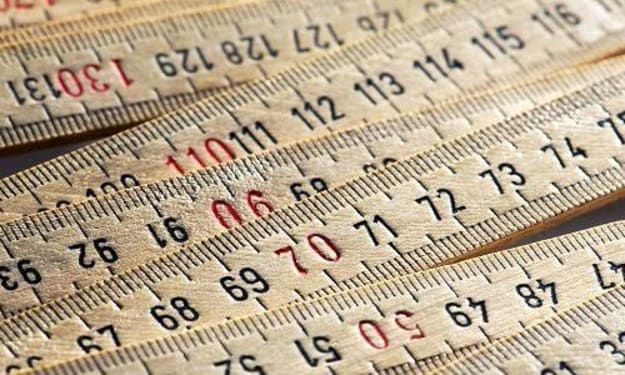Unmasking the Divide: How a Black War Correspondent Challenged Segregation in the Military until What War?
French, Spanish

Unmasking the Divide: How a Black War Correspondent Challenged Segregation in the Military until What War?
Introduction to segregation in the military
Segregation in the military has been a dark stain on the history of the United States. For decades, white and black soldiers were kept separate, reinforcing racial divisions even in the midst of war. It wasn't until the bravery and determination of black war correspondents that this unjust practice began to be challenged. These journalists risked their lives on the frontlines to expose the reality of segregation and advocate for change. In this article, we will explore the life and work of a particular black war correspondent who played a pivotal role in this fight against segregation.
The role of war correspondents in challenging segregation
War correspondents have always played a crucial role in reporting on the realities of conflict. They serve as the eyes and ears of the public, bringing stories from the battlefield to the comfort of our homes. However, for black war correspondents, their role was even more significant. They not only had to navigate the dangers of war but also the additional challenges of systemic racism. These brave individuals used their platforms to shed light on the segregation and discrimination faced by black soldiers in the military.
The life and work of the black war correspondent
One such remarkable black war correspondent was James Baldwin. Born in 1924, Baldwin was no stranger to racial prejudice. He grew up in a segregated society and experienced firsthand the inequalities that plagued his community. Determined to make a difference, Baldwin pursued a career in journalism and soon found himself reporting from the frontlines of World War II. His reports brought attention to the harsh realities faced by black soldiers, often highlighting the stark contrast between the treatment of white and black soldiers.
Baldwin's work was not without its challenges. He faced hostility from both fellow soldiers and military officials who were resistant to change. Despite the risks, he remained steadfast in his commitment to expose the truth. His reporting not only brought attention to the issue of segregation but also humanized black soldiers, challenging prevailing stereotypes and prejudices.
Challenges faced by black war correspondents in the military
The challenges faced by black war correspondents in the military were immense. They not only had to navigate the dangers of war but also the discrimination and hostility from their own comrades. In an environment where black soldiers were viewed as inferior, black war correspondents had to fight for access to information and resources. They often faced censorship, with their reports being suppressed or altered to fit the narrative of the military.
Despite these obstacles, black war correspondents like Baldwin persevered. They understood the importance of their role in challenging segregation and were willing to endure the hardships to bring about change. Their determination and resilience paved the way for a more inclusive and equal military.
The impact of their reporting on public opinion
The reporting of black war correspondents had a profound impact on public opinion. Through their firsthand accounts, they exposed the hypocrisy of a nation fighting for freedom and democracy abroad while denying basic rights to its own citizens at home. Their reports humanized black soldiers, showcasing their bravery, sacrifices, and contributions to the war effort.
These stories resonated with the public, challenging the prevailing narrative of racial inferiority. People began to question the legitimacy of segregation and demand change. The reporting of black war correspondents played a significant role in shifting public opinion and laying the groundwork for the eventual dismantling of segregation in the military.
The changing attitudes toward segregation in the military
The reporting of black war correspondents marked a turning point in the fight against segregation in the military. It brought the issue to the forefront of national consciousness, forcing the public and policymakers to confront the injustice of a racially divided military. As the war progressed, attitudes toward segregation began to shift.
Public pressure, combined with the growing recognition of the contributions of black soldiers, led to incremental changes within the military. Slowly but steadily, the walls of segregation started to crumble. The efforts of black war correspondents played a crucial role in this transformation, as their reporting continued to expose the injustices faced by black soldiers.
The turning point: The war that finally ended segregation
The turning point in the fight against segregation came during the Korean War. It was this conflict that finally brought an end to the practice of segregating white and black soldiers. The Korean War marked a significant shift in military policy, with the armed forces recognizing the need for integration and equality among its ranks.
The efforts of black war correspondents in exposing the realities of segregation played a pivotal role in the military's decision to end this discriminatory practice. Their reporting had shattered the ignorance and denial that had allowed segregation to persist for so long. The sacrifices and bravery of black soldiers, highlighted by these correspondents, demanded recognition and equal treatment.
The legacy of black war correspondents in the fight against segregation
The legacy of black war correspondents in the fight against segregation is one of courage, resilience, and the power of storytelling. These journalists risked their lives to challenge the status quo and bring about change. Their reporting not only exposed the injustices of segregation but also humanized black soldiers, forcing the public to confront their own prejudices.
The contributions of black war correspondents cannot be overstated. They played a crucial role in shifting public opinion, dismantling the myth of racial inferiority, and paving the way for a more inclusive military. Their legacy serves as a reminder of the power of journalism to effect change and the importance of recognizing and celebrating the contributions of black war correspondents.
Lessons learned and ongoing challenges in racial equality
The fight against segregation in the military serves as a powerful lesson in the ongoing struggle for racial equality. It teaches us the importance of resilience, perseverance, and the power of collective action. The legacy of black war correspondents reminds us that change is possible, even in the face of seemingly insurmountable obstacles.
However, the fight for racial equality is far from over. While segregation may no longer be an official policy, systemic racism continues to persist in various forms. The ongoing challenges in achieving true equality require us to remain vigilant and continue the work started by those who came before us.
Conclusion: The importance of recognizing and celebrating the contributions of black war correspondents
In conclusion, the contributions of black war correspondents in challenging segregation in the military until the Korean War cannot be overstated. These brave individuals risked their lives to expose the injustices faced by black soldiers and played a crucial role in shifting public opinion. Their reporting humanized black soldiers and forced the nation to confront its own prejudices.
As we continue to strive for racial equality, it is essential that we recognize and celebrate the contributions of those who fought for change. Black war correspondents left an indelible mark on history, reminding us of the power of storytelling and the importance of challenging injustice wherever it may exist. Their legacy serves as an inspiration to us all as we continue to work towards a more inclusive and equal society.
About the Creator
David Binford
Writing has always been a fun opportunity for me to explore new concepts, thoughts, and dreams that come to mind.
I enjoy writing on the state of the world today, human advancement, science, business, health, travel, technology and more.






Comments
There are no comments for this story
Be the first to respond and start the conversation.